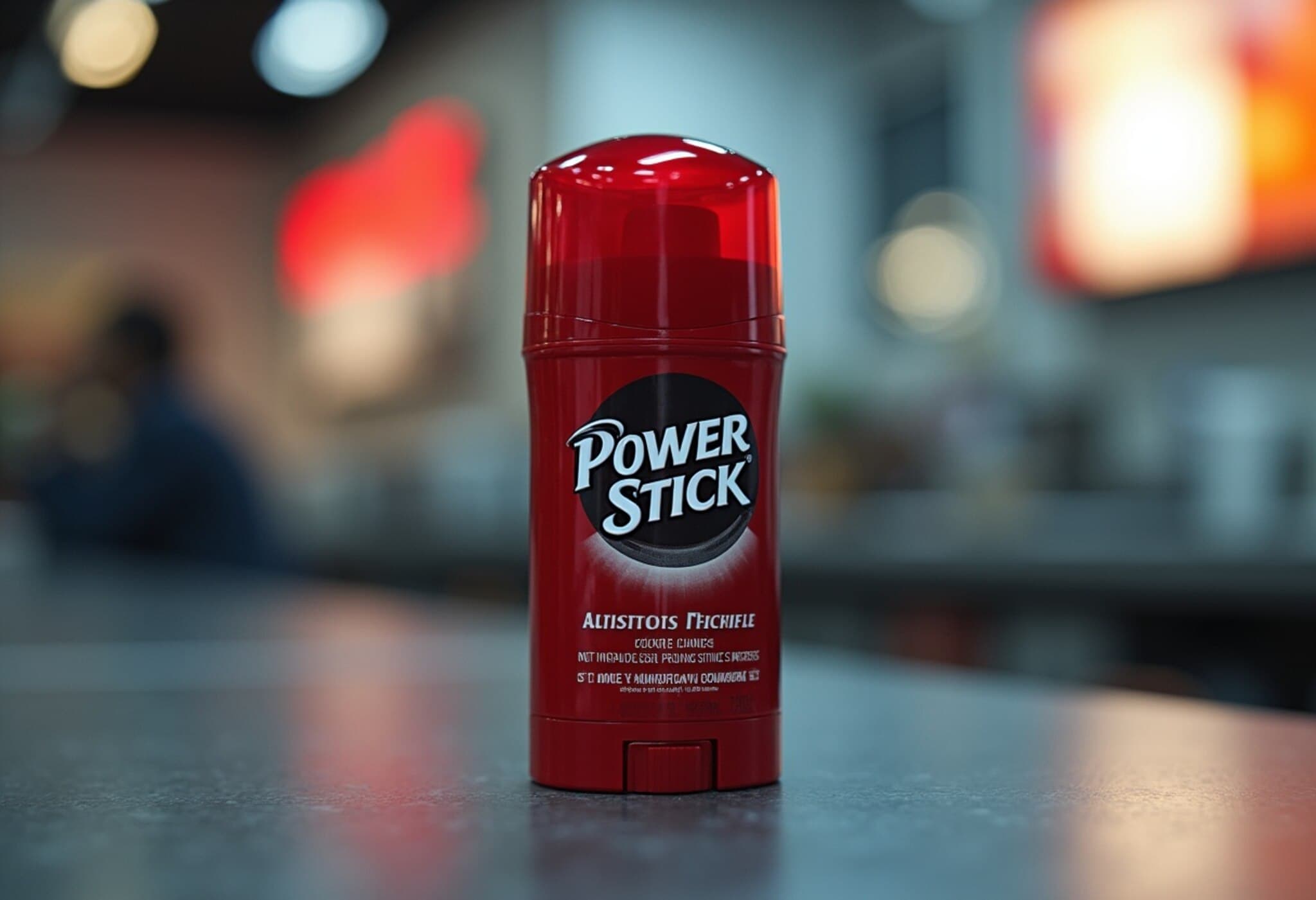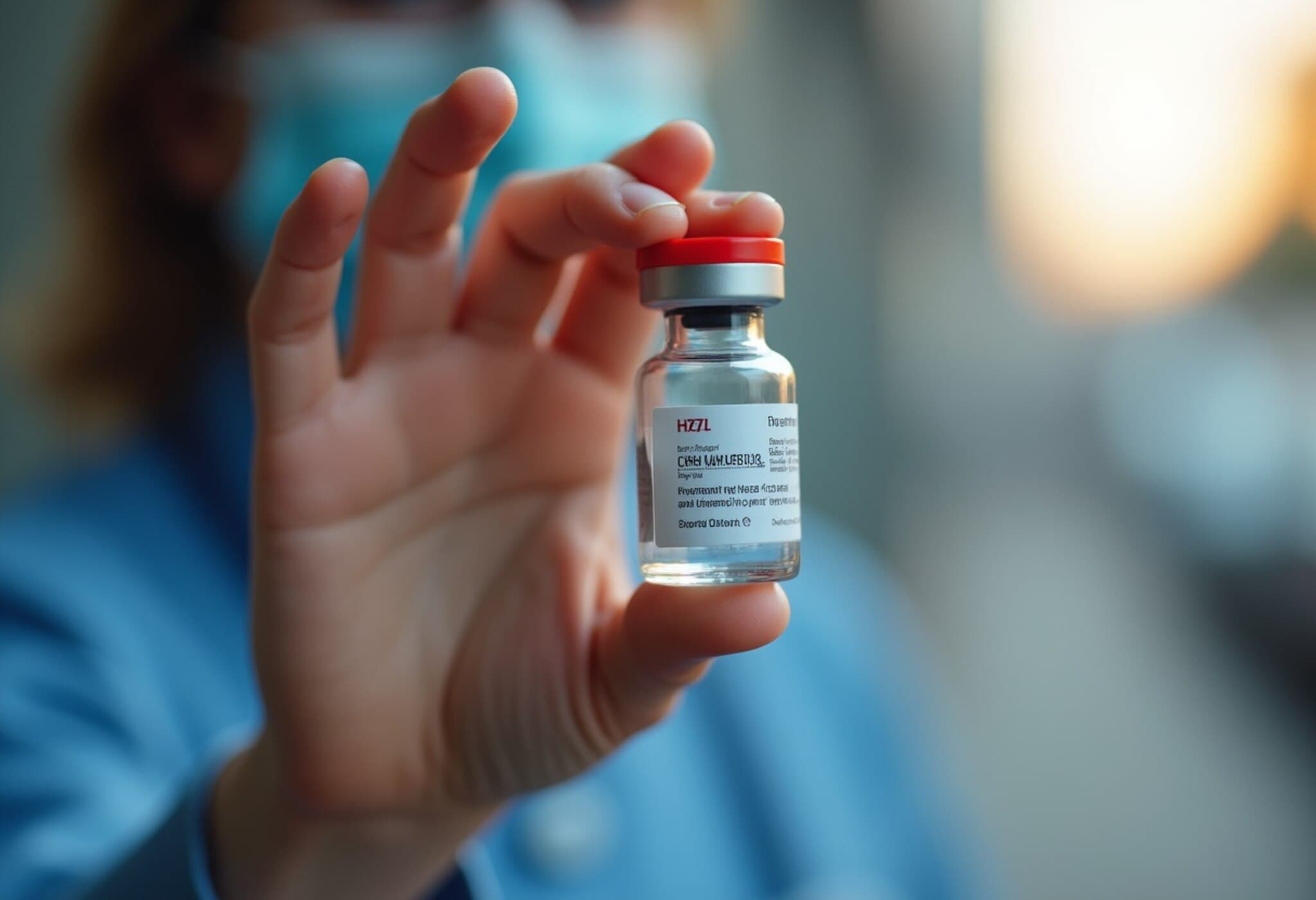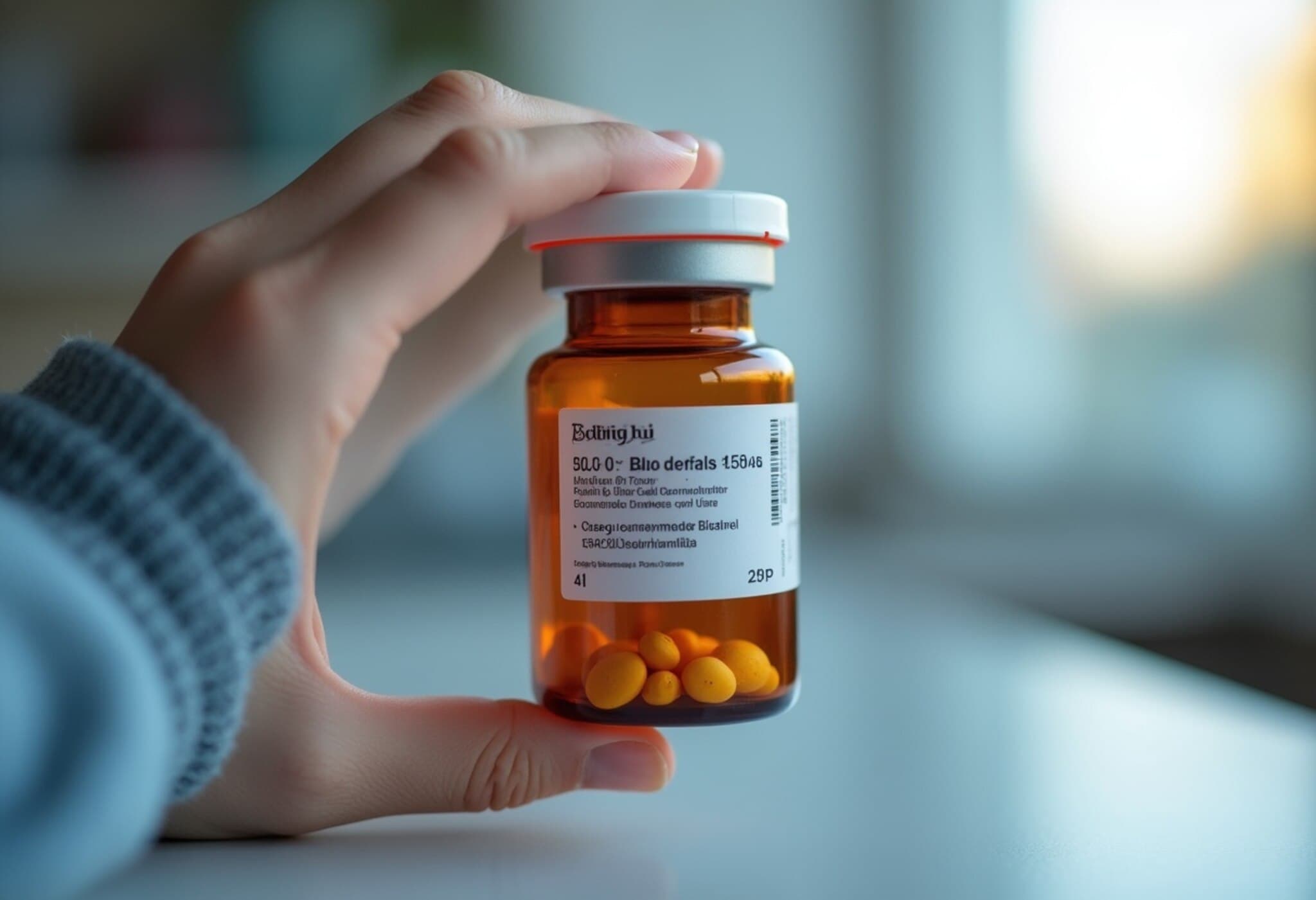FDA Initiates Major Recall on Power Stick Deodorants
In a significant consumer safety development, the U.S. Food and Drug Administration (FDA), alongside Easton, Pennsylvania-based brand A.P. Deauville, announced a voluntary recall affecting more than 67,000 cases of the popular Power Stick deodorant line. The announcement came on July 10, 2025, after the discovery of inconsistencies linked to the current Good Manufacturing Practices (cGMP), a critical set of quality standards manufacturing firms must follow.
Recall Details: Scope and Affected Products
The recall encompasses three specific Power Stick deodorant variants that had been distributed nationwide:
- Power Stick for Her Roll-On Antiperspirant Deodorant (Power Fresh scent) – Over 21,200 cases
- Power Stick Invisible Protection Roll-On Antiperspirant Deodorant (Spring Fresh scent) – Over 22,400 cases
- Power Stick Original Nourishing Invisible Protection Roll-On Antiperspirant Deodorant – More than 23,400 cases
While the recall notice did not disclose explicit safety hazards—such as contamination or harmful ingredients—it cited deviations from established manufacturing protocols. Such procedural lapses raise questions about the product's efficacy and, potentially, consumer safety.
Lot Numbers and Retail Availability
Consumers are urged to check the following lot numbers before usage:
- Power Stick for Her Roll-On: 032026B011, 032226B031, 051626C241, 061526C882, 071226D371, 071226D381, 082526E341, 082826E402
- Power Stick Invisible Protection Roll-On: 031726A991, 041226B561, 062026C901, 062026C911, 071026D351, 071026D361, 071326D391, 111626G231
- Power Stick Original Nourishing Invisible Protection Roll-On: 101225D781, 032926B281, 032826B221, 041126B531, 062226D011, 070626D301, 070626D333, 111026G051, 111326G091, 111626G221
The products have been widely available through major retailers including Walmart, Dollar Tree, and Amazon, with pricing ranging from approximately $7 per three-pack to $30 for large multi-packs on discount sites. No official recall statement has yet been released by A.P. Deauville, adding an element of uncertainty regarding corrective measures and customer response.
Understanding cGMP and Its Importance
Compliance with current Good Manufacturing Practices (cGMP) is mandatory for all manufacturers of cosmetics and personal care goods in the United States. These standards ensure products are consistently produced and controlled according to quality norms to minimize risks related to contamination, improper labeling, or ingredient inconsistencies.
The FDA’s flagging of cGMP-related issues suggests that the facility responsible for producing these deodorants may have experienced lapses in quality control or documentation—problems that, while not always indicating a direct health threat, undermine consumer trust and product integrity.
Broader Context: Industry Implications and Consumer Safety
This recall highlights ongoing challenges in the personal care products industry, where demand for efficacy and safety often intersects with complex manufacturing chains. It underscores the need for vigilant regulatory oversight and transparent communication by manufacturers.
Industry experts note that while voluntary recalls reflect responsible corporate behavior, the lack of detailed explanations may leave consumers anxious. Additionally, online and big-box retailers’ vast supply chains can complicate swift removal of recalled items, increasing public exposure to potentially flawed products.
Consumers who own any deodorants matching the recalled lot numbers should immediately discontinue use and contact A.P. Deauville’s customer service, or their point of purchase, to inquire about refunds or replacements.
What Comes Next?
The incident invites deeper questions on how manufacturing compliance is monitored within the fragrance and personal care sectors. Especially amidst evolving regulatory requirements, there is a growing call for enhanced transparency and quicker public alerts when deviations arise.
For policy analysts and consumer advocates, the Power Stick recall serves as a case study emphasizing the essential balance between business interests and consumer protection.
Editor’s Note:
While no explicit safety hazard was confirmed, this broad recall of over 67,000 deodorant cases reminds us how even minor lapses in manufacturing protocols can have widespread repercussions. Consumers must remain vigilant about product lot numbers and manufacturers should prioritize transparency in communicating risks. This event prompts reflection on how personal care companies can bridge the gap between compliance, quality assurance, and consumer trust in a fast-moving market landscape.



















